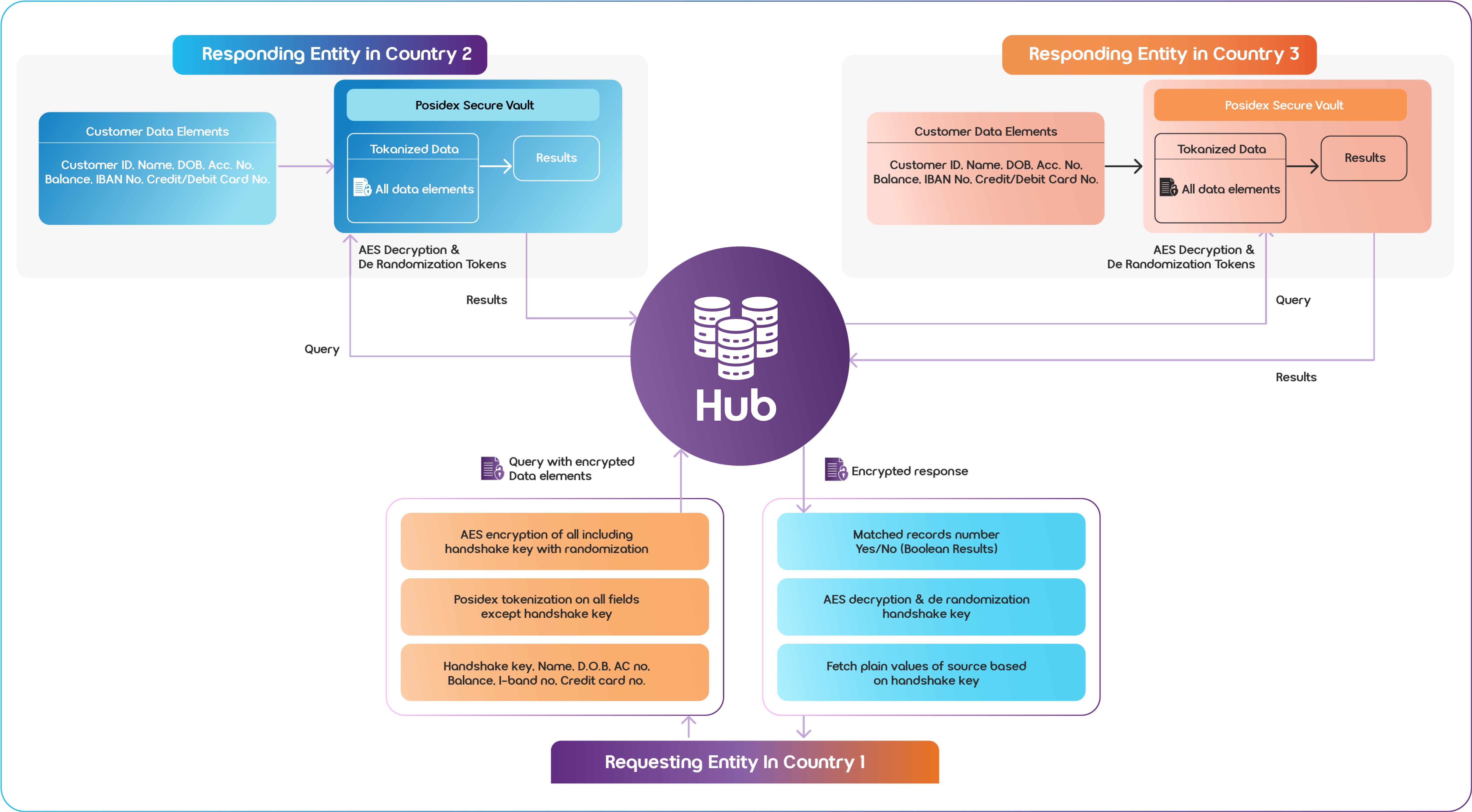Marketing thrives on information.
Information on products, competitors, and most importantly, customers.
In today’s world, customer data is gold. But it’s also the number one target for cyberattacks and regulatory crackdowns.
A 44% year-on-year rise in cyberattacks means personally identifiable information (PII) is more at risk than ever. It’s why laws like the UAE PDPL, GDPR, and India’s DPDPA are tightening how businesses can collect, store, and use PII.
For businesses, this shift presents a dilemma.
How to run personalized campaigns without direct access to customer data? The answer lies in balancing compliance and data.
What is Marketing Compliance?
For business, PII is the foundation of KYC and onboarding, risk scoring and, of course, personalization and customer analytics.
But storing and sharing this data, especially across borders, now comes with higher costs, operational headaches, and major fines if you get it wrong.
Marketing compliance ensures that advertising, sales, and marketing teams adhere to strict data protection regulations, preventing misuse of consumer information.
Companies operating globally must navigate an evolving maze of regional and international laws, including: General Data Protection Regulation (GDPR) in Europe, California Consumer Privacy Act (CCPA) / California Privacy Rights Act (CPRA) in the United States, Digital Personal Data Protection (DPDP) in India and Personal Data Protection (PDPA) in Singapore.
These frameworks aim to protect consumers from misleading claims, unauthorized data usage, and security breaches.
Pii Data Vault: Compliance Without Compromise
Posidex’s PII Data Vault solves the toughest part of data protection: how to analyze and use customer data without ever revealing it. The vault enables businesses to extract insights from fully encrypted customer data. So, data remain protected at all times and businesses remain compliant with laws. This is possible through:
- Cryptographic Computing: PII is encrypted, anonymized, and tokenized using a proprietary one-way, irreversible polymorphic encryption algorithm. It remains hidden at all times – rest, transit and processing.
- Searchable Encryption: Businesses can query and analyze encrypted data, but the actual PII remains unseen by both internal teams and external systems.
The AI/ML model used in the data vault has been trained on 5 billion unique customer records over 23 years. It currently caters to a client base of over 75 large enterprises. Independent study has revealed that the accuracy of insights & analytics using our AI/ ML model is more than 99%.
Supporting Anonymization
One of the biggest compliance challenges enterprises face is storing personal data longer than necessary, exposing them to security risks and regulatory violations. The data vault minimizes unnecessary retention by anonymizing it before it enters storage. Further, it encrypts the data using cryptographic privacy enhancing technologies. It reduces PII data proliferation across multiple data systems. It also removes direct access to PII.
Supporting Accountability
Another challenge in complex enterprise environments is regulations like CCPA and DPDPA. They demand full accountability for who accesses data, when, and why. PII Data Vault addresses this with encrypted audit logs.
Every query, request, and access attempt are recorded, ensuring a verifiable trail of compliance. Role-based access control eliminates unauthorized usage.
Federated Insights
Enterprises that operate across multiple countries collect vast amounts of customer data to build 360-degree customer profiles for better personalization, KYC (Know Your Customer) processes, and targeted cross-selling. They consolidate all their data into one central location to get better insights: a global view and trend analysis.
While companies want to extract value from their global data, cross-border restrictions on sharing data make it increasingly difficult to leverage insights at scale.
However, data localization laws are creating roadblocks. Countries prohibit data from being transferred beyond their borders. This limits how businesses can consolidate or use the customer data. To navigate these restrictions, businesses have adopted workarounds such as:
- Regional Data Silos: Storing and analyzing data separately in each country, leading to fragmented insights.
- Anonymization Techniques: Stripping customer identities from datasets, limiting personalization capabilities.
- Third-Party Data Processing Agreements: Partnering with local entities for compliance, but increasing reliance on external vendors.
These approaches introduce inefficiencies, compliance risks, and incomplete customer intelligence.
Pii Data Vault is a better approach. It protects data while enabling accurate, unified insights processed in federated manner

The Business Advantage
With PII Data Vault, enterprises not only get actionable, privacy-first insights but the competitive advantage to:
- Use customer data across regions without revealing PII
- Stay compliant with data protection laws
- Unlock federated insights that power personalization, fraud prevention, and customer intelligence
- Reduce breach risk and lower compliance costs by removing direct PII access. The average cost per data breach globally is $4.88M It’s 28% higher in financial services according to IBM’s Cost of a Data Breach Report 2024.
Moreover, with a data protection solution in place you signal to customers that their privacy is paramount. That translates to more trust, more business and direct revenue uplift.
Data Protection First, Insight-Rich Data
Data protection no longer has to mean data paralysis.
With Posidex’s PII Data Vault, you protect your customers, meet the world’s strictest privacy regulations, and still get the insights you need to grow.
Want to see the PII Data Vault in action? Schedule a demo today.

.svg)

